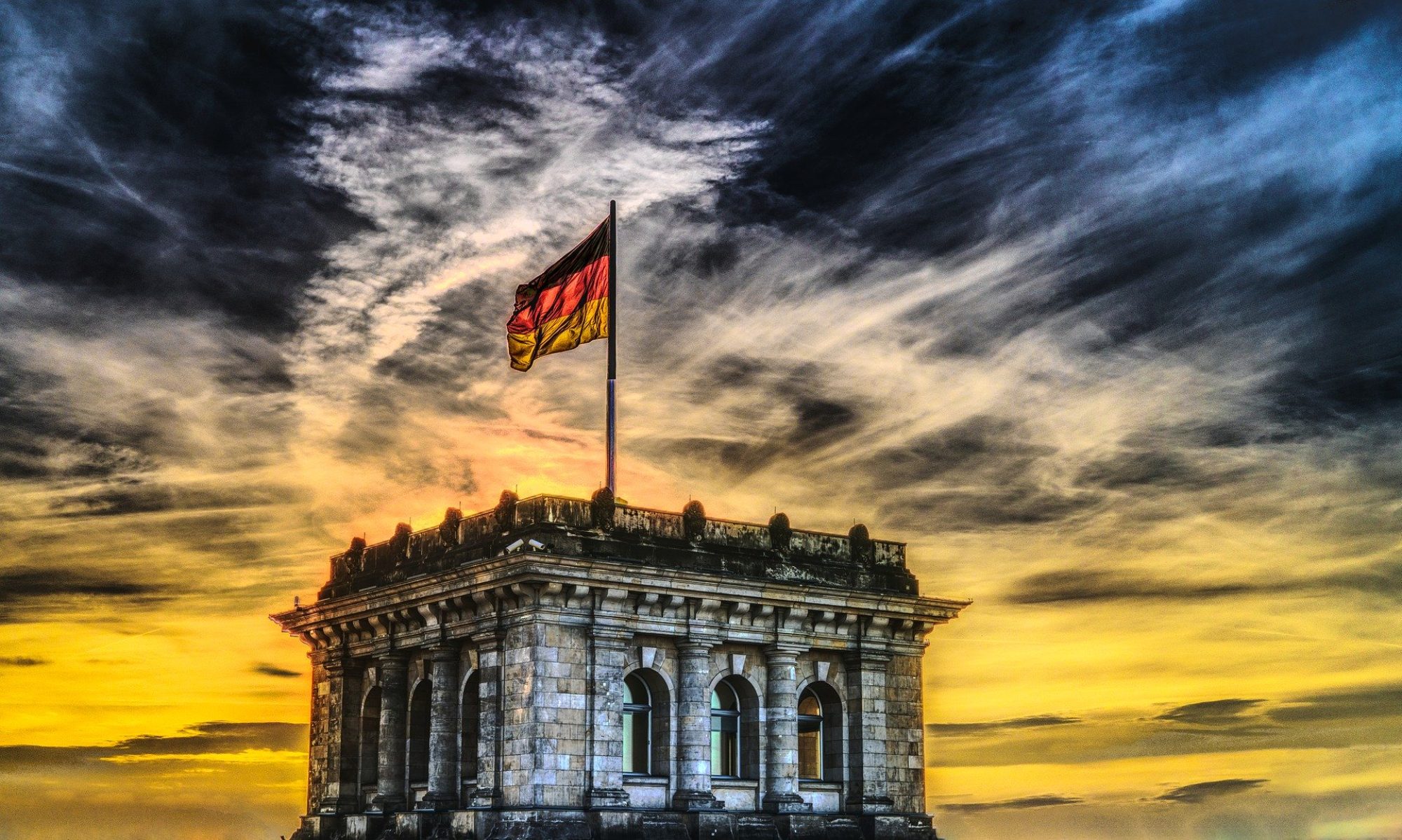Welcome to Dallgow, a small town on the outskirts of Berlin of about 10,000 people. Here you can find the welcome initiative Willkommen in Dallgow which formed to create a welcome community for refugees when they arrived in Germany and found themselves temporarily placed in refugee accommodations. This week’s episode highlights the importance of those first days, weeks, and months for organizing community members for a welcome initiative. This week’s guest, Elisabeth, discusses what it takes to ready a community for this kind of commitment. She shares her experience as a communication volunteer organizing volunteers and sharing information with the residents of Dallgow. She also discusses things that are important for enhancing integration in Germany such as cultural events and maintaining strong lines of communication between refugees and the community.
Visit Willkommen in Dallgow at their website and Facebook page:
Willkommen in Dallgow Website
Willkommen in Dallgow Facebook
How Refugees in Germany Get the News While Learning German
Episode 3: Amal, Berlin! Julia
Episode 04: Amal, Berlin! Asmaa
Learning the language of a host country connects immigrants to their new society. However, learning German is a slow process, and refugees in Germany need to connect to their communities before they’re fluent. Becoming part of the community you live in is complicated and looks different for everyone but might include giving feedback on policies that affect you, discussing political candidates, volunteering, or going to cultural events in your neighborhood. When you’re a native speaker, you may take your ability to easily do these things for granted, but refugees who are still learning the language of their host country can easily miss out if this information is presented in a language they are still learning. Recognizing this problem, the founders of Amal, Berlin! began to publish the most important news stories for Berlin in Arabic and Farsi so newcomers could have access to current events up-to-date information. As a result, the news platform has built a readership eager to learn about their new home in Berlin and has recently expanded to Hamburg.
When refugees can stay informed and get the latest news they feel included in their communities. This was especially true during the coronavirus pandemic when the German government announced restrictions on daily life that came quickly and it was sometimes unclear what was allowed in public life. During this confusing and difficult time, Amal helped by being a reliable source of accurate information that its readers could rely on.
In Episode 03 you will hear from Julia cofounder and reporter at Amal, Berlin!. Julia shares the philosophy behind Amal’s approach and what it has been like building a multicultural news platform. After speaking with Julia, she recommended I also speak with her colleague, a reporter writing in Arabic, Asmaa. In Episode 04, you get another perspective from Amal. Asmaa draws on her work writing for an Arabic speaking expatriate community and her own experience adapting to life in Germany to talk about why information is important during the integration process and what we need to think about in the future of refugee resettlement.
In these conversations, you will hear:
– Reporting during the beginning of the coronavirus pandemic.
– What “integration” means and why it may be time to think beyond integration.
– Next steps for involving refugees in society in a meaningful way.
– Two-way integration, where refugees learn about Germany and Germans learn about their new neighbors.
– Asmaa’s own experience moving to Germany.
If you’re a reader of Amal, Berlin!, please share how their reporting has affected you in the comments below.
Below you can find links to Amal’s online resources including their Facebook page and YouTube channel. Please read their stories and share their content.
Follow Amal
Amal Berlin! Youtube Farsi/Dari
Amal, Hamburg! Facebook Arabic
Amal, Hamburg! Facebook Farsi/Dari
For more on Refugees in Germany
Follow Integration for Everyone on Twitter here: @ifepodcast
E02 – Brandenburg has Space
In this episode, I talk with Jo of the organization Potsdam Konvoi about their campaign to bring 2000 people living in refugee camps in Greece to the German Federal State of Brandenburg.
Potsdam Konvoi Website – https://www.potsdam-konvoi.de/
Brandenburg hat Platz Campaign site (click here to see their poster) – https://www.openpetition.de/petition/online/brandenburg-hat-platz-landesaufnahmeprogramm-fuer-gefluechtete-jetzt
Kurzgesagt YouTube video on the European “refugee crisis” – https://www.youtube.com/watch?v=hnT-iF0CAZk
Asylum statistics for Germany – https://www.asylumineurope.org/reports/country/germany/statistics

E01 – An Organization for the Community: Helping Refugees in Falkensee
At the foundation of Integration for Everyone is the idea that helping refugees can be beneficial for everyone. That is why the first organization featured on this podcast will be Willkommen in Falkensee. It is an organization that decided to help refugees in a way that was open to everyone in their community. As you’ll hear in this episode, Willkommen in Falkensee is an organization located right outside of Germany’s capital that was ahead of the curve. They decided to begin preparing their town to help refugees in 2013, before the large scale migration that began in 2015 when Germany famously opened its doors to people fleeing the Syrian Civil War.
In the first half of this episode, you’ll hear about some of their current work. It’s an expansive list and might give you some interesting ideas if you also work with refugees. Around the nine-minute mark, we switch to talking a bit about the history and philosophy of the organization. Near the end, we also discuss the structure of the organization, for example, how decisions are made, how programs are managed, and how they’ve been able to stay active for the last few seven years.
Learn more about Willkommen in Falkensee
If you would like to learn even more about Willkommen in Falkensee you can visit their website. Fair warning, it’s in German but if you have the Chrome browser you can easily translate the website by using the Google Translate plugin.
Webiste: https://willkommen-in-falkensee.org/
About and Contact page: https://willkommen-in-falkensee.org/selbstverstaendnis/





